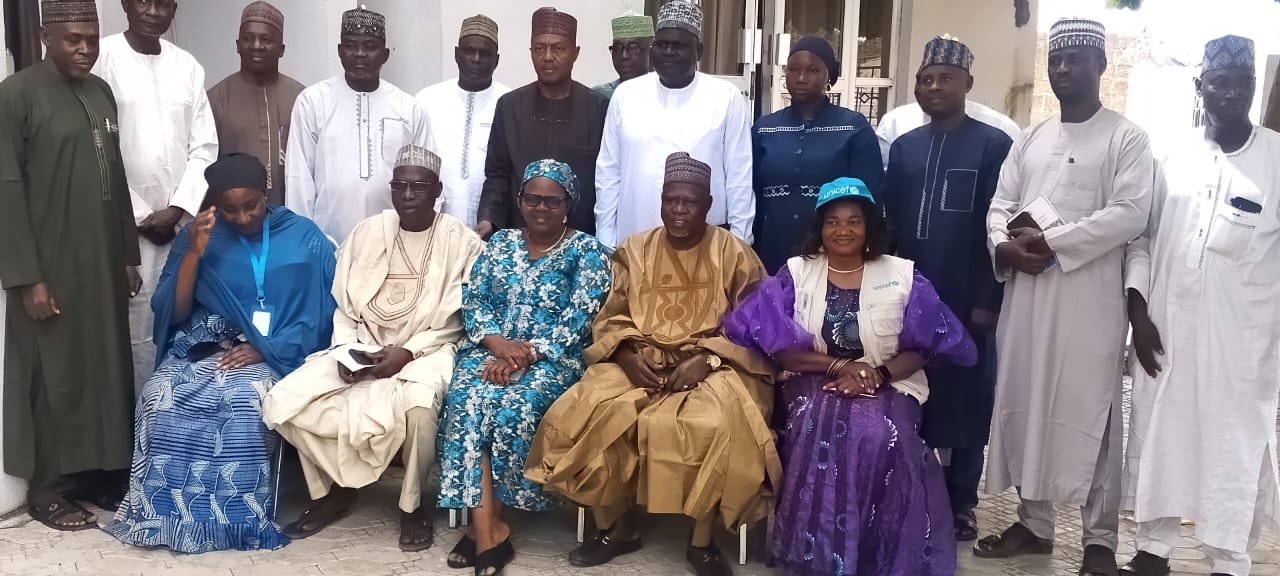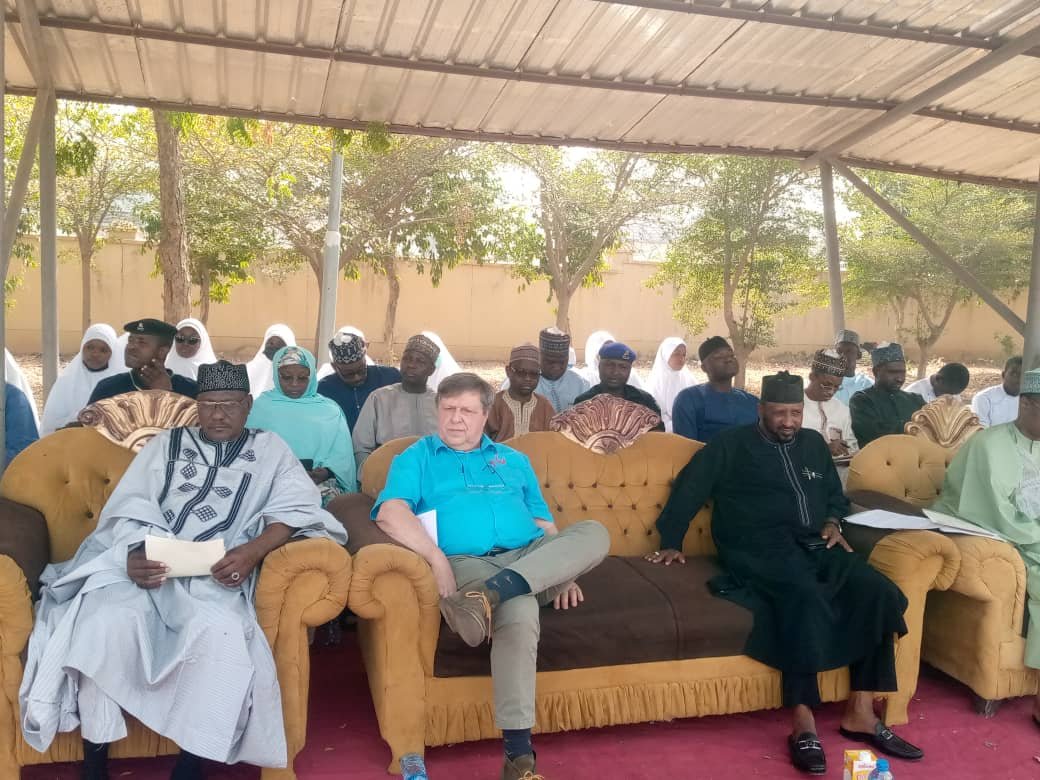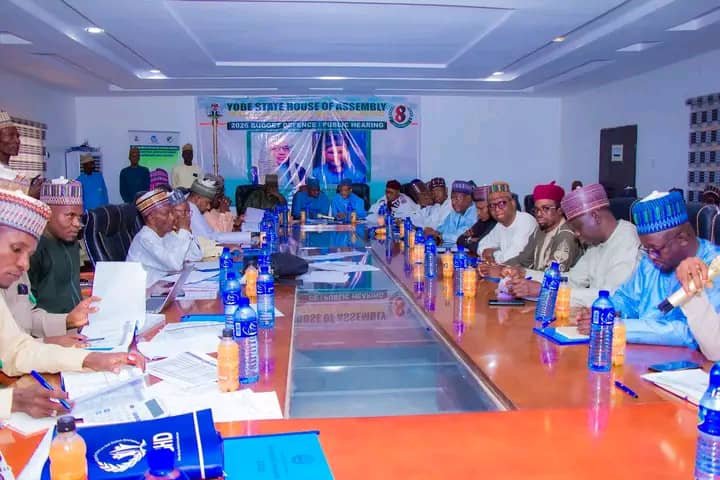Jigawa’s success in malnutrition control attracts delegation from Kwara
By: Ahmed Aminu, Dutse

The United Nations Children Fund (UNICEF) has reaffirmed its commitment to working with the governments of Jigawa and Kwara states to ensure the successful implementation of multi-sectoral programmes in health, nutrition, education, water, sanitation and hygiene (WASH), as well as child protection.
—aimed at improving the lives of children and women across Nigeria.
The assurance was given in Dutse by the UNICEF Chief Kaduna Field Office, Dr. Gerida Birukila, during the opening ceremony of a learning visit for Kwara State Government delegation on the Jigawa State Masaki Nutrition Programme.
Dr Birukila, who was represented by a Nutrition Specialist, Mrs. Chinwe Eziefe, commended the governments of the two states for collaborating to promote child health and nutrition.
“The aim of this visit is to provide first-hand insight into the implementation strategies and successes of the Masaki initiative in Jigawa State. It also offers valuable opportunities for cross-learning, particularly in community engagement, government roles at various levels, and strengthening of health, food, and social protection systems,” Dr Birukila said.
She further highlighted that the Masaki model promotes women’s involvement in identifying, classifying, and operationalising nutrition services, thereby enhancing community ownership and sustainability in the fight against malnutrition.

Speaking at the event, leader of the Kwara State delegation and Commissioner for Budget and Planning, Dr. Mary Arinde, said the team was in Jigawa to learn from the state’s remarkable success story in tackling child malnutrition.
“The Masaki programme is a community-based nutrition initiative that has helped Jigawa reduce cases of acute malnutrition among children under five from 74,000 to just 2,000 within ten years. This achievement has made it a model for other states,” she stated.
Dr. Arinde noted that the visit also aimed to build the capacity of women in producing Tom Brown, a highly nutritious local food supplement, and to understand the operational structure of the Masaki programme, including the roles of state and local governments, as well as communities, in sustaining it.
“Our objectives include identifying the human, financial, and technical resources required to replicate this programme in Kwara, studying the monitoring and evaluation structures that ensure data-driven results, and developing a SMART roadmap to fast-track the reduction of malnutrition in our state,” she added.

In his remarks, Jigawa State Commissioner for Health, Dr. Muhammad Abdullahi Kainuwa, explained that under the leadership of Governor Umar Namadi, the state is implementing a two-pronged approach to combat malnutrition — prevention and treatment.
“The Masaki programme leverages locally available foods, breastfeeding promotion, and women’s education to fight malnutrition through community-based strategies,” Dr. Kainuwa said.
He disclosed that the state government recently released ₦250 million for the procurement of Ready-to-Use Therapeutic Food (RUTF) for 2025, in addition to ₦300 million provided by members of the Jigawa State House of Assembly to support the nutrition programme.
Dr. Kainuwa reaffirmed the state’s determination to sustain the gains of the Masaki initiative and to continue prioritising the health and well-being of women and children across Jigawa State.





